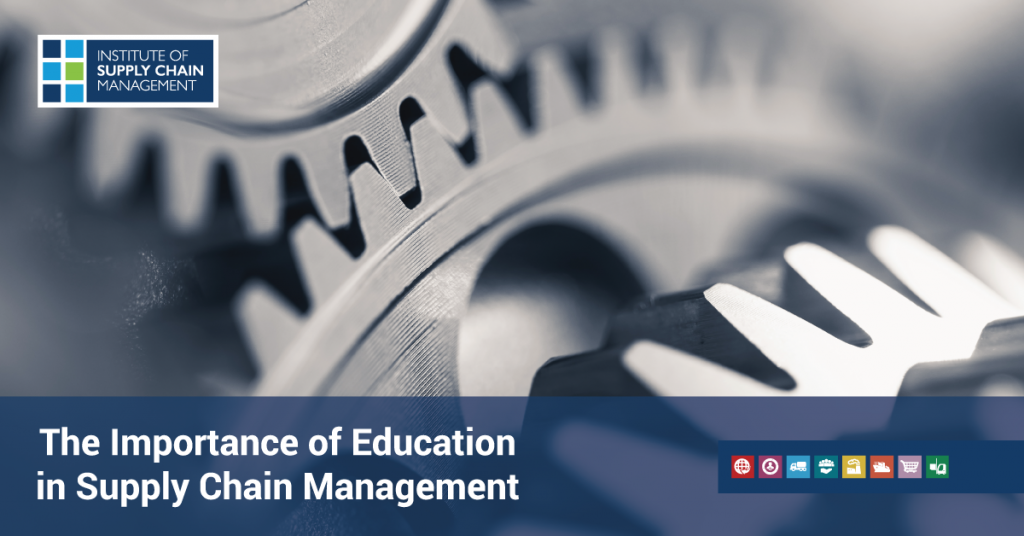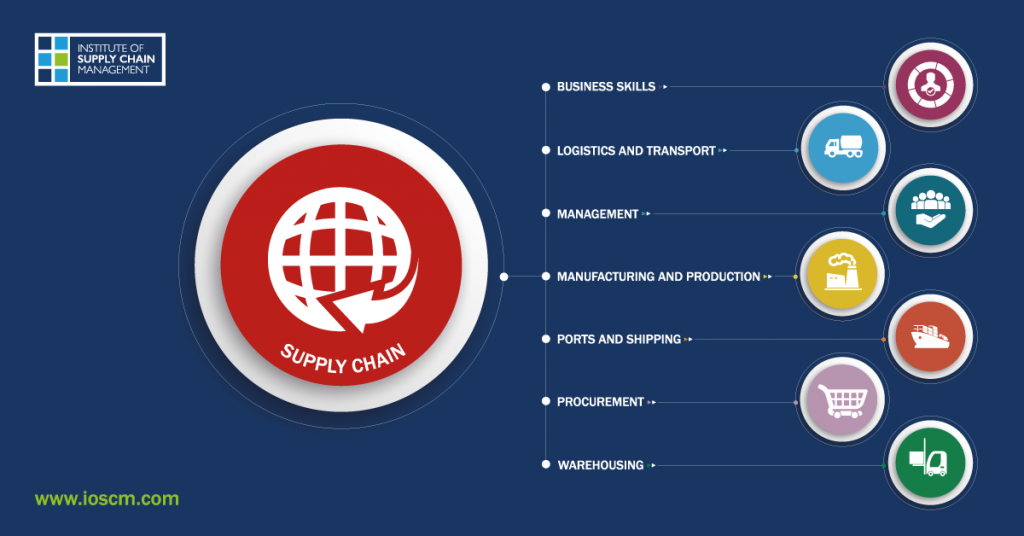
The importance of education in supply chain management cannot be underestimated as it represents a complex mixture of analytical and strategic skills that allow experts in the field to choose the most efficient solutions. The main purpose is to estimate the best practices in relevant industries starting from the market research through to the management of logistics during these turbulent times. It’s safe to say that most businesses are not able to enter the market competitively without specialists in the field of supply chain management. It is their knowledge that matters as they make strategic decisions that affect the final outcome for the business.
Why Does Education in Supply Chain Management Matter?
Learning is the only way to master the challenges in the field of the supply chain as one starts with analysis and the difficulties that take a person from the raw project to the final presentation of how things must be done. Without a doubt, starting with one of the supply chain management courses is an essential part where a student receives theory and keeps various concepts sorted in a correct way. As one achieves academic success, these six factors are being mastered:
Better Analytical Skills.
Learning through various courses is challenging, yet it pushes the learners towards constant analysis and estimation. The presence of excellent analytical skills is paramount in the field of the supply chain because the decisions must be made fast, often in critical conditions. Education is what helps to connect theoretical knowledge to situations that take place in practice.
Interdisciplinary Studies.
As the practice shows, supply chain management requires not only strong financial and marketing skills but the basic knowledge of related fields. One should consider other disciplines like Sociology, Psychology, Environmental Sciences, and even the basics of Law studies. It’s one of the reasons why business schools that focus on supply chain management turn to an interdisciplinary approach where various subjects are presented as a part of the curriculum. It helps to prepare a specialist for approaching the same problem from more than one angle.
Prognosis & Readiness to Adjust Things.
Another important factor played by education in supply chain management is knowing what estimations and calculation methods to start with when dealing with prognosis and adjustments. Starting with the formulas to the ways one can apply statistical analysis, education helps to adjust things accordingly. As one starts with a research report or talks to stakeholders, turning to scientific variables and existing theories helps to narrow things down and work in the same academic field.
Market Competition Matters.
One of the reasons why education plays a critical role in supply chain management is learning how to apply analysis to changes in the market. Since we are constantly dealing with competition, estimation, and accessibility, learning helps to see what leadership and management methods are the most efficient. When a learner studies both local and global markets by using templates with examples, things become clearer as estimation and professional skills come into play. When an actual change in the markets takes place, an application of mastered management theories helps to diminish the risks.
Creation of Original Content.
Regardless of whether you are dealing with business correspondence or creating a report for logistics, the ability to write clearly by following writing standards is important. It’s one of those things that you learn as a student as you deliver written assignments. If you are stuck with a task or would like to learn more about existing standards and the importance of original content, you can find writing help reviews and see what objectives must be met when you have to get your message across or create an analytical report.
Diagnosis of Problems & Finding Outcomes.
Although the majority of specialists working with supply chain management often learn by trial and error, a much safer method in this regard is learning the theory by turning to case study analysis. It helps to train one’s skills when a necessity of problem diagnosis comes up. Various simulations that are constantly offered by supply chain assignments make it easier to find outcomes and see the logic of every possible solution. When this kind of training is present, the real-life risks are approached differently.
Write a Winning Resume For a Supply Chain Management Position
Coming up with an excellent supply chain resume is one of those essential aspects that should not be ignored if you want to secure your place in the industry and remain attractive to the HR managers and various global companies who may require your analysis. According to our experts at the IoSCM, the first international institute to represent the interests of the wider supply chain, your resume should not be a static piece of writing because supply chain professionals are constantly mastering new skills and improving their way of thinking. Therefore, one should include not only the list of accomplishments but also those unrelated experiences that have helped you to make certain decisions and achieve better outcomes.

Step One
The first step would be formatting your supply chain resume, depending on whether you are more leaning towards logistics, data management, or analysis work. You must include all relevant experiences where your professional accomplishments are highlighted. The next step would be your understanding of specific objectives if you are aiming to enter a particular company with your resume. When talking of your education, describe the results and talk about the hard and soft skills that you have.
Step Two
The next step is entering specific keywords that would relate to the industry. Since the general rule is keeping your supply chain resume to one or two pages, it’s also possible to include links to your social media profiles where further information can be read. Make sure that you provide updated contact information and proofread your resume twice. It does take time to research and get things right, yet keeping your supply chain resume polished is the only way to achieve a winning position in the industry!
Certify your skills, advance your education and make your CV stand out from the competition with an IoSCM Professional Qualification.

